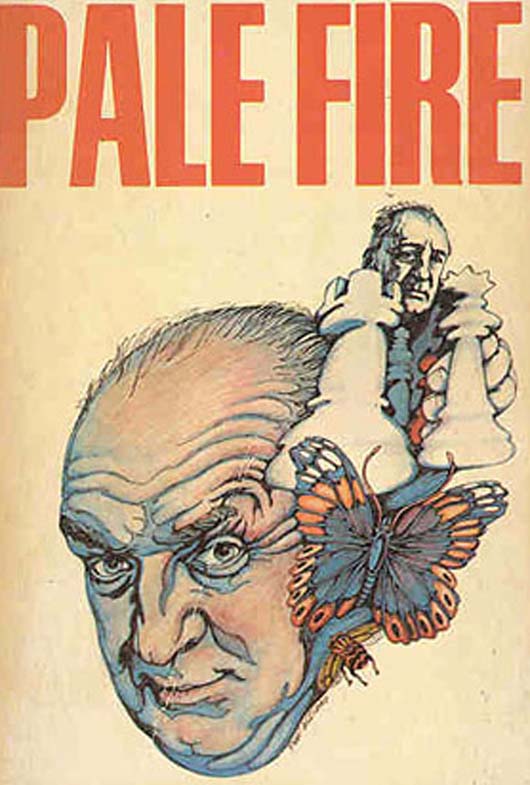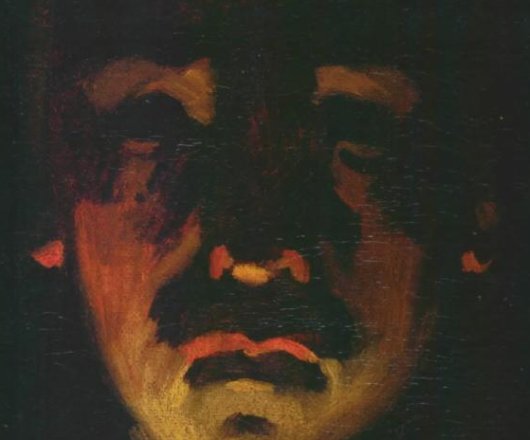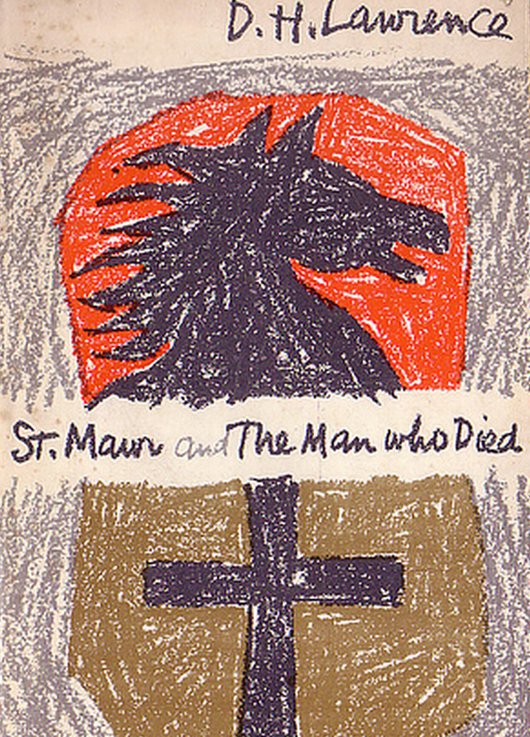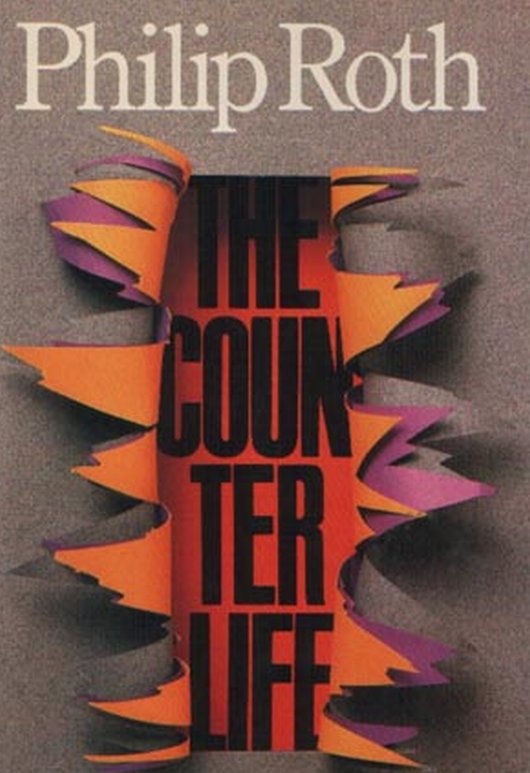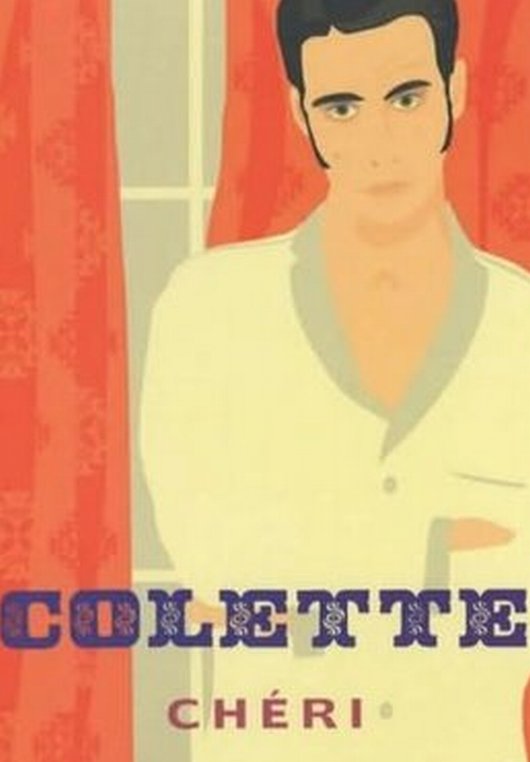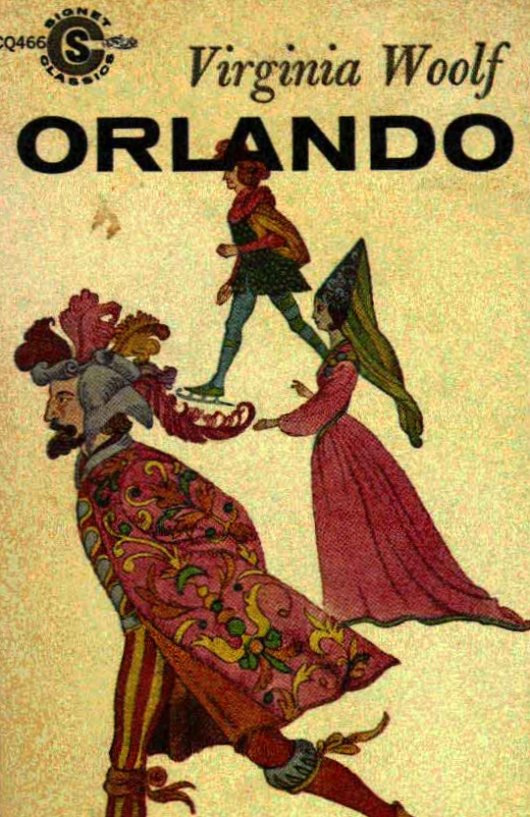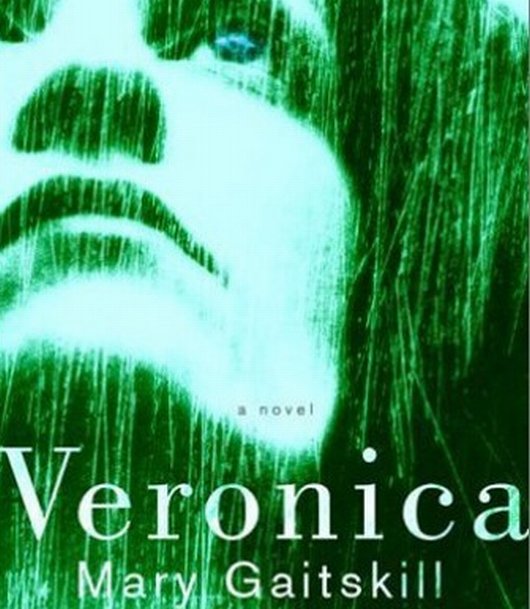 FICTION
FICTION In Which Our Carbon Footprint Is Nearly Invisible
 Saturday, January 19, 2013 at 11:11AM
Saturday, January 19, 2013 at 11:11AM  by wendy zhao
by wendy zhao
An Organic Affair
by ISAAC SCARBOROUGH
I used to shop at a local grocery store. This was something of an ethnic market. I think it was owned by Latin American immigrants, but I couldn't say for sure. They did stock a lot of horchata and tortillas. Hell, I don't know. It was nice to have a local store to shop at. I was never really friendly with the staff, but I did get the impression that they knew who I was, that I was a valued customer.
But problems soon developed in our relationship. My eating habits aren't exactly what people would call healthy. Which is not to say I eat potato chips by the bagful. My inclination is to aim at somewhere towards the opposite end of the spectrum. So my desire for a grocery store often amounts to wanting a closet full of carrots and pickles and other various items that don't really involve calories but are, technically, food. And here I found my local grocery sorely lacking. So I joined the masses, I'm afraid. I stopped shopping for groceries anywhere near my home. I began to take the train just to wander the aisles of Whole Foods.
This didn't always please me. I grew very angry about it at first. I blamed the local grocer for not stocking enough low-calorie food and bananas that weren't frighteningly overripe. I blamed society for allowing me to have a diet that had long forsaken bread and cheese and actual meat. And I blamed everyone around me for allowing the monstrosity that was my new grocery store to actually exist.
+++
 by wendy zhao
by wendy zhao
I was standing in line at Whole Foods, waiting expectantly to pay for the overpriced bananas and soy-milk that pretty much kept me alive. I really hated the store at times like this. The "organic" mantra was a source of constant irritation; the abundance of “cliff bars” and specially manufactured, sugar free ginger chews, not to mention the occasional copy of Mother Jones – impulse buys – were of particular frustration. But I liked my bananas fresh.
A young woman standing in front of me dropped a can of cat food. I stared down at it. This wasn’t the reassuring Friskies of my childhood. Even cat food was organic here, so this must be one well-fed cat. Doesn't matter if the owner obsesses over her weight. The cat probably can't crawl across the floor on its own, let alone heave its girth up to the food dish. The can sat there on the ground for a moment, as the young woman shuffled the groceries in her arms, trying to determine whether or not she could feasibly reach down and pick it up without managing to drop the rest of her purchases. I, carrying my bananas and soy-milk comfortably in one hand, continued to stare at the can as she shuffled about.
A man in the next aisle over bent down and picked up the cat food and handed it to the young woman. I guess he was in a good position to help, since he wasn’t carrying very much: a head of lettuce, a tomato and a package of tortillas (whole wheat, I think. It was difficult to tell). He smiled at the young woman, and although it brought out the hook of his nose, it was still, I thought, a pleasant and charming smile. She returned the smile coyly. I couldn't help but notice that the man dressed like he worked late at the office, and would be returning there with his tomatoes and tortillas, to munch away in front of the computer, crunching numbers. Or writing ad-copy. Or designing a web page for a company that sold designer cat food. This was only noticeable, I think, because the young woman was dressed as though she had spent most of her day sitting on a couch. Or a park bench, maybe. Which is not to say her clothes were cheap - but nobody ever wore cut-off jeans to an office. "I always manage to drop something," the man remarked to the young woman, gesturing to his three items which anyone with a mental age north of eight would be hard pressed to drop.
"Yeah. I know," she said, "Every time I'm in here, I think about getting a basket, but then I never do."
He shrugged his shoulders. "Yeah."
They smiled shyly at each other. And I thought then: you, hooknosed man, ask her for her name. Keep talking. Ask about her damned cat. You, poorly dressed girl - he has a nice smile, doesn't he - don't just simper.
No. Fuck it. Hooknose, drop your groceries. Jump the separating rope and grab this girl and kiss her, because you know you're going home alone, or back to the office, to eat a tomato and finish paperwork. You, girl with the ugly shorts, respond in kind. Your cat will be fine. It's already too fat from easy living. Right there in the aisle, in the middle of Whole Foods, go at it, the two of you. Tear each other's clothes off. Run your tongues over one anothers’ skin. Fuck each other crazy while the rest of us shop for the food that we really don't want to eat.
Don't worry. We'll walk right around you.
The man walked down the line and disappeared. The girl - I don't know what the girl did. Probably went home and fed her cat. I realized then that the bunch of bananas I had chosen was in fact much less fresh than I had thought. I left the line and went back downstairs, treading my steps carefully and knowingly towards the banana aisle of the produce section. I spent quite a lot of time at Whole Foods. I had heard a compelling argument or two as to how it was bad for local markets, local grocery stores and probably (although this was never made explicit), cute little starving children or bunnies or the terminally ill or someone else equally inoffensive. Honestly, though, I didn't really care for bunnies. Moreover, Whole Foods amused me sometimes. It was a complicated relationship.
+++
A couple of weeks later, when in search of something new and exciting, I decided to venture away from my trusted bananas, delving further into the produce aisles. I decided that maybe - I didn't want to be too adventurous here, but maybe - I would be in the mood for a plum or two. Standing in front of my four plum options, I noticed that the hooknosed man I had seen the week before was standing next to me, similarly perusing the plum choices. Or was it the nectarines next door? Was he a plum-eater? Or just like me, in search of some new delight? After all, from tomatoes to plums - far more adventurous or desperate than I - changes like that. I felt empathy well up inside of me for his quiet indecision. He narrowed his eyes at the nectarines, reaching out to run a finger across their abject lack of fuzz. I sidled up to him.
"Excuse me," I said, "Sorry, but did anything come of that girl and her cat?"
Hooknose looked very confused. "I'm sorry," he said, "but I don't know what you're talking about."
"No really," I continued, "This may seem like prying, but lord knows we all spend a lot of time here, and I was standing in line behind you a week ago."
"So?"
"So you helped some girl pick up the cat food she dropped. And it was very obvious that the two of you found each other attractive. So I figured you might have caught her on her way out, or posted some missed connection online. I was wondering if something came of it. It was such a poignant desire."
He stared at me aghast. "Um. No. I really think you've mistaken me for someone else."
He backed away from the nectarines, shuffled towards the bell peppers, turned right, grabbed a tomato and made a bee-line for the upstairs escalator. I sighed. I had scared him back to his tomatoes. He might've enjoyed that nectarine. This began to amuse me, and I chuckled. So did the man stocking apples, down the aisle. He turned to me.
"Ain't that sort of store. Our clientele are a little more...skittish. Consummation of desire isn't what they're looking for. Especially not here, when you think about it."
I thought this stock-boy, although the term seemed struck me as inaccurate, was well-spoken, so I smiled a little. Continuing to ponder the plums, I said, "So you've never seen some guy hit on a girl here?"
"Well, sure," he said, "more of them stare. But sometimes one will have the nerve to make a move, so to speak."
This conversation seemed more rewarding than the choice between black and red plums. Pitted fruits don't do much to keep my attention. "Do any of these love-stricken young men succeed in acquiring a smile or perhaps a phone number?" I asked the stock-boy.
He was placing apples from a bin marked Fuji #62843 onto the shelf labeled Organic Fuji Apples! Grown in California. He didn't turn to me, but shrugged his shoulders, "Well. Smiles often enough. I suppose phone numbers occasionally."
"Pity," I said, "I'd be more amused if some couple began to make out amongst the cereal or had a quickie somewhere near the natural soap."
He laughed, I thought, almost. It was hard to tell. He was fairly short, his hair was thinning and wore thick glasses that obscured much of his face. There isn't much to say about his garb. Everybody who worked at Whole Foods wore pretty much the same uniform. He might've been somewhere in his mid-thirties.
The stock-boy's name was Daniel. I learned this much later. Three or four minor conversations - the course of a month or so - passed before I felt compelled to introduce myself, and he had never offered his name before then. I had slowly developed a taste for Gala apples after repeatedly eating those that the young woman I was seeing would buy, and I subsequently found myself in Daniel's aisle quite enough as he would place apples on the shelf and I would take them off.
In the beginning, “conversations” might have been something of a misnomer. I would wander down the stairs, avoiding the aging hipsters and their younger, hipper girlfriends, not to mention the young mothers with their broods of Aryan young. Passing the parsnips, rutabagas, turnips, and other roots (where they hid actual carrots escaped me. I could've sworn that they normally came in sizes longer than two inches. And not conveniently bagged like that. Baby anything scares me), I would pause in front of my beloved Galas. Daniel, most of the time, avoided stocking my preferred variety when in my company. He would instead work on the Fujis, the Braeburns, the Granny Smiths or the Pink Ladies. I might nod my head at him. Half the time, I bagged three or four apples and left. Otherwise I might comment on the store or ask after his health.
He would shrug if I asked the latter question and say, well, I'm okay, and you? I mentioned once that I was under deadline to finish a supremely banal article about spyware regulation. "I don't own a computer," he said then, "so, although I think that is computer related, I don't entirely know what it means."
"You're probably better off that way," I said, "It's not very exciting."
"Neither are apples."
"Point."
I learned, at some point, that Daniel had once been a student of theology. He had, in fact, finished a master’s degree at St. Thomas Aquinas in Minnesota. How this led to stocking apples at Whole Foods I didn't know, but I didn't ask. He also wrote poetry, and had, a few years ago, convinced a small press to put out a collection of his poems. After many requests, and under some duress, he gave me a copy. I found the poems completely inscrutable, full of references to religious authors of the sixth century. The collection, I gathered, had sold around twelve copies.
There were a lot of holes in the story Daniel told of himself. He said once that he had grown up in a small town somewhere in Oklahoma (the name escapes me now, but it never meant much to me then). How this led through a undergraduate degree and to a master’s, I didn't know. I gathered that for a while he ran around with one of those evangelical quasi-political organizations that deployed volunteers to the front lines of the culture war. I figured he must have held up a few picket signs in his day, which I once made a crack about, but he, filling in for the organic juice stocker, who he complained was unreliable, didn't find this funny, and frowned. The level of religiosity didn't entirely surprise me, given his choice of hobbies (nobody ever read Boethius without outside motivation). It intrigued me, though, so I asked him what church he went to. He smiled wanly.
"I don't go to church," he said, "not anymore."
"Really?" I asked, "not at all? I mean, from what you said - and there's a big Catholic community here, isn't there?"
"Man," he laughed. "You think I'd move to New York because I was looking for a church?"
I'm not entirely sure why I found Daniel so interesting. Our friendship, of sorts, was built on convenience, as I wanted a reason beyond fresh bananas or apples to choose one particular grocery store, and conversation made the entire experience of Whole Foods a bit more pleasant. Perhaps I longed for those days when a neighborhood would have a grocer, when the person selling shanks of lamb and fresh vegetables would be more than blank face in a green uniform. His reasons were his own. I never became so rude as to question why he spoke to me. Maybe he was bored.
+++
 by wendy zhao
by wendy zhao
Boredom, in retrospect, is the most likely cause of what happened next. At the time, it seemed the thing to do. Not for hooknose's benefit, or the girl's, but for the simple reason that produce can become a tedious background. And all people begin to run out of things to discuss after a time, and so in all circumstances, topics of conversation are manufactured. In this case our topic just happened to be two customers who I had thought would have stumbled across each other by now.
This all started when I observed hooknose, while seemingly engrossed in the choice between bok choi and a more traditional cabbage, flit his gaze repeatedly down the aisle towards the sushi-bar. I followed his line of sight, and there, ordering raw fish and rice in some combination I couldn't ascertain, was the girl whose cat he had saved a meal. She was no longer dressed for the couch or the gym, but looked as though she might have come from work at a small office. Which is to say: dressy, but not exactly put together. It was far more flattering than her earlier attire.
I pointed him out to Daniel. We paused and watched as the girl got her sushi and walked past hooknose. He smiled at her, and seemed about to say something, but she passed him by and he was left standing there, one hand slightly outstretched. Perhaps he realized that he looked a bit funny. Turning around, he disregarded the numerous choices of cabbage and instead stood for a moment, staring blankly at the bell peppers. I turned back to Daniel.
He shook his head. I had explained to him the original encounter between the two, and why I had harassed hooknose about it before. Daniel was convinced that nothing was to come of the attraction. I thought Whole Foods had made him far too cynical. As hooknose stared at the pepper display, we argued over the possibility of his ever actually going out on a date with the girl. I swore it was possible.
"He's too timid," Daniel sad, "He'll never make the first move. And you know she won't."
"Then they just need a little help."
So a plot was hatched to give the two of them just a little push in the right direction. Or directions, really. The problem with meeting people in Whole Foods is that the place is something of a labyrinth. If it were an open room full of shelves, or bins, or hell, I don't know, stations with different options, I might have reasonably expected hooknose to bump into the girl eventually. But there were too many aisles. On three floors. And nothing lined up properly. So it was very possible that even if the two of them happened to shop on the same day at the same time, week after week after week, they two of them would never actually run into one another.
The place to start was tracking their movements. Daniel worked five days a week, so this required me to shop for groceries twice a week, which took a little planning in and of itself. I had to think: do I need bananas today, or perhaps on Thursday? What can I buy on Saturday that will justify taking a trip to Whole Foods? But this did mean that I never bought much at once and could always use one of their many express lanes. As it turned out, hooknose and the girl did shop on the same day, and for some inexplicable reason, at the same time every third week. Daniel and I realized this after quite some time of watching and passing Excel charts back and forth.
So it was to be the third Wednesday of each month at 7:20 pm. They both entered the store sometime after 7:00. He was more likely to arrive slightly before her, but by 7:10 they were both generally on the first floor, looking vacantly at the options arrayed in front of them. By 7:15 he had bagged a few bagels and made his way down the escalator to the lower level, and without fail at 7:19 she had made it down as well, sometimes carrying a small carton of pre-cooked tofu. At 7:35 he would begin to walk towards the up escalator, while she continued to shop, often in the rice and pasta aisle. He would get in line at 7:40 while she selected eggs and milk, and at 7:46 when she arrived upstairs in line he was either checking out or had left the store.
This gave us fifteen minutes when they were on the same floor and general vicinity. But their timing was slightly off, and they never crossed into Daniel’s produce territory at the same time. As it normally went he would arrive in produce three or four minutes ahead of her and leave about a minute before she arrived. We needed to slow him down.
On a Wednesday evening in late August I collected a lot of paper, some old political buttons that I hoped no one would look at closely and a clipboard. Stationing myself outside of Whole Foods, with long-forgotten presidential candidates and flags on the ratty backpack I had found under my bed, I loitered, scribbling in names, signatures and phone numbers on the blank lines of the paper on my clipboard. At 7:07 I began asking those entering Whole Foods if they were registered New York voters. Hooknose walked down the street at 7:09. I cornered him.
“Are you registered to vote in New York?” I asked him, moving into his path. He paused and looked me over. There was, of course, the risk that he’d recognize me from my earlier harassment.
“Yes,” he said, “but I’m in a hurry, sorry.” He tried to move out of my way. I moved in front of him again.
“But wait,” I waved my arms a little and raised my voice, “Don’t you think classroom sizes are too big in New York? Don’t you think they should be smaller? All I need is for you to sign a petition.”
He paused, so I had to scramble.
“Really – New York pays what, well, more than most states per child on education, and yet our test scores are some of the lowest anywhere,” I continued, guessing at facts I had probably read in the New York Times years ago, “so we must not be doing something right. Don’t you think it might have to do with overcrowding? It can’t hurt, right? Please, will you sign the petition?”
He grumbled for a moment, but took the proffered pen. He scribbled on the clipboard and handed it back to me. I tucked the pen away as he walked, slightly disgruntled, into Whole Foods. I went across the street to Starbucks to wait.
Daniel joined me when his shift ended a few hours later. He told me that hooknose had shown up in produce four minutes later than normal, scowling, just in time to see the girl stare intently at a tomato. And he had smiled, and walked over to her. Evidently, he had casually suggested a different tomato, which she taken. He kept smiling at her, almost forlornly, as she stood there for a moment and then wandered off into dried goods. So hooknose had retreated upstairs. It was something of start, but still, not enough for these finicky creatures.
What it’s important remember when trying to bring two people together is that chaos and fear make just about anyone like to talk. To whoever is around them – it doesn’t matter if they’ve ever spoken before. It’s also helpful to remember that all public buildings have fire alarms. It’s a little juvenile, I know. But it works. I’m actually a little embarrassed. We created far more chaos than was necessary, and got the organic juice stock-boy who owed Daniel a favor fired for actually pulling the fire alarm. But as the customers filed out of Whole Foods we saw, ducking in the upper story cafe, hooknose and the girl talking, as we expected them to, looking over their shoulders and laughing a little.
Outside the store was a mess, with some customers running off with purloined Tofurkey and organic asparagus, others staring back at the store, evidently waiting for it to reopen so that they could continue shopping. But hooknose bummed a cigarette from the girl, and they stood there talking, until she looked at her watch, stomped out the cigarette – Daniel had just last week commented on her partiality for spiky boots – and looked up at hooknose. He stared down at her. Here, I thought, here – take the initiative, you fool. But she kissed him on the cheek and sauntered off. He walked in the other direction. Fire trucks pulled up in front of Whole Foods and Daniel and I went back to Starbucks.
I swore a lot at hooknose, declaring that if that gambit hadn’t worked, I wasn’t prepared to bother. Daniel sat passively. And then he brought out a large folded piece of paper. He motioned that I move my coffee and unfolded it on the very small table in front of us.
It was a map of the lower level of Whole Foods, with each aisle and shelf marked in perfect detail. Evidently this was how shifts were designated; I could make out a lot of names that had been penciled in with dates and times and then erased or written over. Daniel pointed at the produce section.
“At 7:21 the girl has made it to the apples, while hooknose is moving towards dairy,” making a swoop of his arm, “and so they miss each other. What we need to make sure is that he doesn’t make it to dairy and has to turn back.”
I stared sort of blankly at the map, “To where?”
“Here,” he pointed the intersection between produce and baking goods, “here. And we then need to make sure that she moves from produce to that same spot. And then we need to stop them from leaving for at least a minute or two.”
“So we block off the other exits to produce,” I said, thinking quickly – there were two others, “the one by the stairs, and the one that leads to soaps and lotions. And to stop hooknose, we have to block the cereal aisle.”
“Exactly,” Daniel stole some of my coffee, “well, something like that.”
“And you know how to do all this?”
“Sort of. I’ll probably get fired. But apples. You know.”
At 7:15 that Wednesday evening I was in Whole Foods as planned. I didn’t really have all that much to do, but had stationed myself in place behind the cereal aisle at 7:10, pretending to look at the sliced almonds on sale. Hooknose came down the stairs and began to browse the tomatoes. At 7:21 he walked my way, down the center aisle to dairy, just as the girl made it to the bottom of the escalator. I pulled the crowbar out of my bag.
Leaning down, I placed it under the bottom support of the leftmost cereal display and tested that I had leverage. I heaved down on the crowbar. Once – the aisle strained, creaking. Twice, it cracked and buckled. And then again, and not only the one display but seemingly half the cereal in the store came crashing down into the center aisle, right in front of hooknose, who dropped his basket and fell backwards. Scrambling to his feet he turned back to produce and witnessed the chaos there.
Daniel had done the same as I for the soap aisle, and now cereal and hemp based lotions filled the two exits to the produce section. A few people were screaming. I don’t know if we had inadvertently hurt anyone, but when the shopping carts all came crashing down and clogging the escalator, I figured we probably couldn’t worry about that anymore.
The girl stood frozen as people began to run aimlessly around her, knocking over the fruit stands. And then one shopping cart came loose and slid towards her. She bolted away, through a display of apples, and Braeburns flying, ran straight into hooknose, who had dazedly made his way out from under a mountain of cereal. She fell against his chest and he stared down at her for the third time.
And then he kissed her.
I walked by them two or three minutes later on my way towards the – mercifully intact – banana display. Their clothes had come off by then and their naked bodies grappled with one another as I paused to consider a particular bunch of bananas. He entered her right as I made my selection, and they began to grunt and thrust, there on the floor, surrounded by mounds of cereal and apples. A stray bottle of hand lotion had rolled towards them and lay in front of two pairs of writhing feet.
I walked around them and made my way upstairs.
Isaac Scarborough is a writer living in Bloomington. You can find his writing for n+1 here and his writing on This Recording here.
Wendy Zhao is an artist living in Brooklyn. You can find her website here.

 fiction,
fiction,  isaac scarborough
isaac scarborough 































